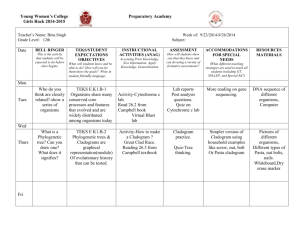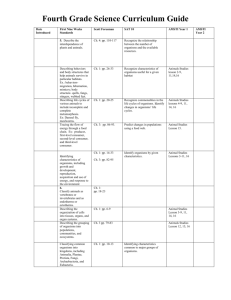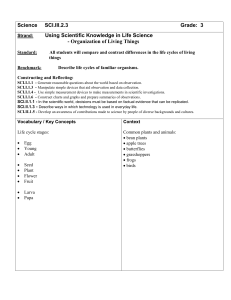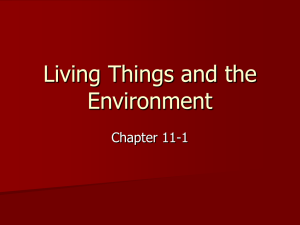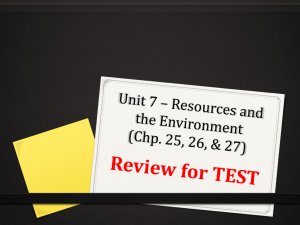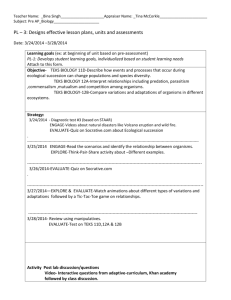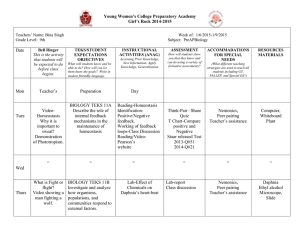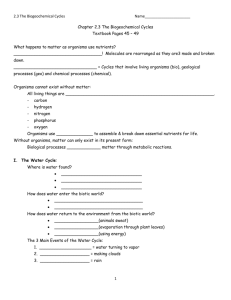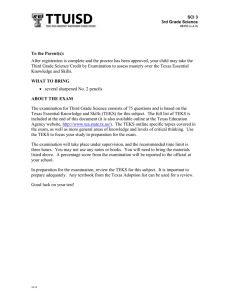Butterfly Life Cycle
advertisement
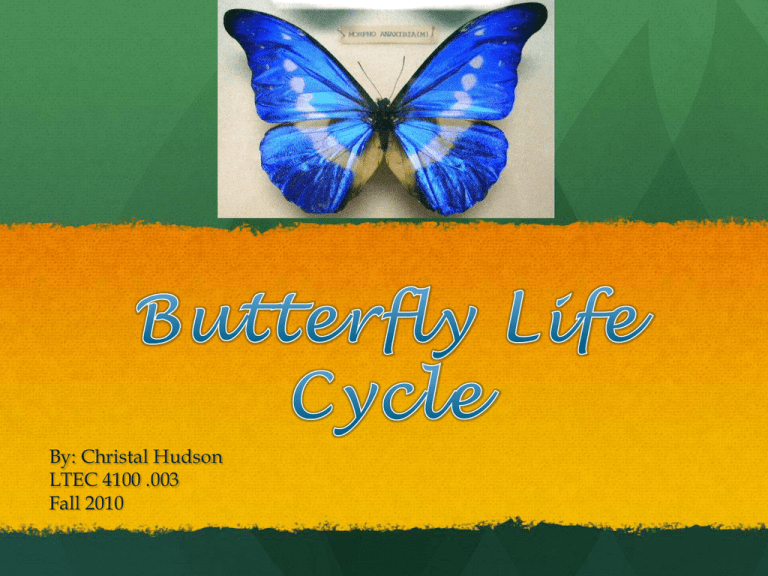
By: Christal Hudson LTEC 4100 .003 Fall 2010 Learning Objectives Students will understand the life cycle of butterflies Students will be able to label and draw the life cycle of butterflies Students will be able to label the parts of a butterfly (wings, abdomen, head, antanne) Students will compare their own life cycle to the butterflies nd 2 Grade TEKS (a) Introduction. (4) In Grade 2, careful observation and investigation are used to learn about the natural world and reveal patterns, changes, and cycles. As students participate in investigation, they develop the skills necessary to do science as well as develop new science concepts. C) Within the living environment, students explore patterns, systems, and cycles by investigating characteristics of organisms, life cycles, and interactions among all the components within their habitat. Students examine how living organisms depend on each other and on their environment (b) Knowledge and skills. (10) Organisms and environments. The student knows that organisms resemble their parents and have structures and processes that help them survive within their environments. The student is expected to: (C) investigate and record some of the unique stages that insects undergo during their life cycle. Bloom’s Taxonomy Remembering: can the student recall or remember the information? Understanding: can the student explain ideas or concepts? Applying: can the student use the information in a new way? Analyzing: can the student distinguish between the different parts? Evaluating: can the student justify a stand or decision? Creating: can the student create new product or point of view? Constructivist Students will perform hands on projects Students will also work in groups and ask each other questions References TEKS http://ritter.tea.state.tx.us/rules/tac/chapter112/c h112a.html Blooms Taxonomyhttp://www.odu.edu/educ/roverbau/Bloom/bloo ms_taxonomy.htm

